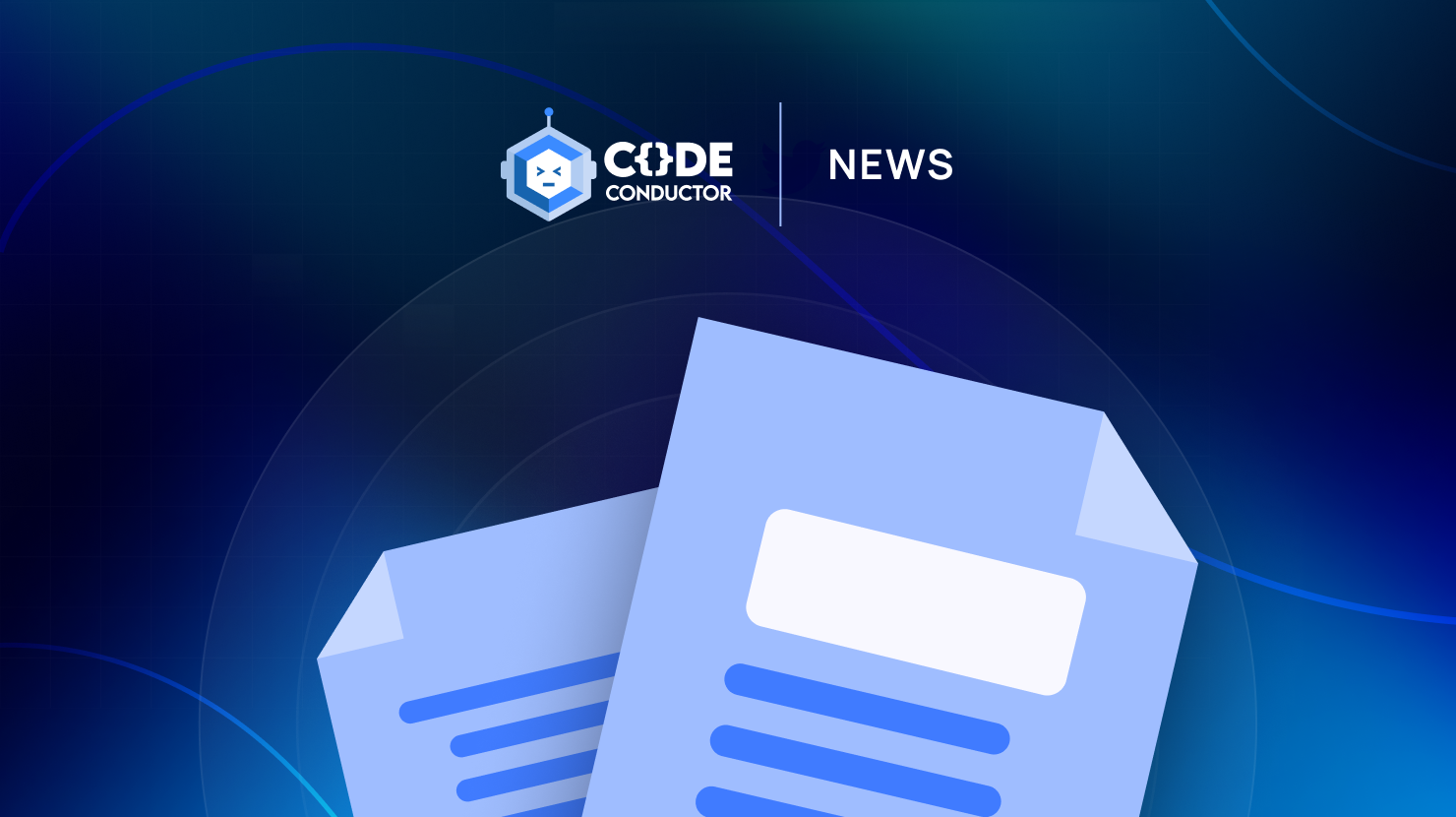Key Points:
- Microsoft will allow customers to create their own autonomous AI agents starting November.
- The company is also launching ten new autonomous agents in Dynamics 365.
- Microsoft is doubling down on AI agents as competition intensifies after Salesforce launched its own configurable agentic AI tools in September.
Microsoft on Monday announced that it is launching a set of artificial intelligence tools that will help customers send emails, manage records, and take other actions on behalf of workers. The news was announced at Microsoft’s “AI Tour” stop in London, days before the planned Oct. 25.
Last month, at its annual Dreamforce showcase in San Francisco, Salesforce showcased a new platform called Agentforce. This platform allows enterprise organizations to spin up their own AI agents, which some analysts say could provide companies with an easier path to monetizing the billions of dollars they are pouring into AI.
See More: Microsoft Copilot Gets an Upgrade with AI: Faster and Better for Businesses
Microsoft will roll out 10 “autonomous agents” to complete tasks on behalf of business workers in areas such as sales, customer support, and accounting. The agents will be available in “public preview,” beginning in December and continuing through early 2025. Microsoft also said its customers can use Copilot Studio—an application requiring little computer code knowledge—to create such agents in public preview starting in November. The agents use several AI models developed in-house by OpenAI.
The agents are like smartphone apps for the AI age, said Jared Spataro, who oversees Microsoft’s workplace AI products. The AI tools, some acting autonomously and others in collaboration with a worker, can complete tasks like researching and sorting through sales leads or updating a customer support ticket after a phone call.
AI agents can act as virtual workers who can carry out tasks without supervision. They are touted as a major evolution of large language model-based AI from chat interfaces, creating an experience that blends more seamlessly into the background.
“We have just found places where people spend tons of time and tons of money,” Spataro said. “They tend to be tasks and processes that they wish they didn’t have to do, but they have to do over and over again. There’s high yield if we can essentially automate that.”
Microsoft’s partnership with OpenAI is at the forefront of the technology industry’s effort to infuse software with the ability to generate text and images and display human-like reasoning. Since early 2023, Microsoft has focused on AI features that require a prompt from the user—a prominent example being the company’s Copilot, which it has deployed across Word, Outlook, and other products.
The next phase is building agents. Today’s AI models perform tasks such as generating text, but these are “prompted”—the AI isn’t acting by itself. That is about to change with agentic AI, which combines reasoning powered by generative AI with existing databases and software. ServiceNow Inc., Workday Inc., HubSpot Inc., and SAP SE are among the software companies now emphasizing AI agents.
Salesforce says its agents can handle tasks like customer service without supervision. The company’s tool, Agentforce, will become generally available later this month, with an initial pricing of about $2 per conversation.
Microsoft hasn’t announced pricing on its agents, which will be added to the company’s Dynamics 365 software. Copilot Studio, the custom agent-building tool, is included in Microsoft 365 Copilot, which it sells to business customers for $30 a month per user.
“All the competitive positioning will really come down to who’s really got product that real customers are using and what are they realizing,” Spataro said.
While promoting Salesforce’s tools, CEO Marc Benioff has also repeatedly criticized Microsoft’s efforts over the past few weeks.
— Marc Benioff (@Benioff) October 18, 2024
See More: Microsoft and BlackRock are launching a $30 billion fund.
Zahra Bahrololoumi, Salesforce’s CEO of the U.K. and Ireland, criticized the copilot model of AI assistants as not serving the needs of enterprises that well.
“All of these copilots activated on the edge, or in email — they’re not connected to or grounded within the context of customer data,” Bahrololoumi told CNBC in an interview earlier this month. “How is it going to represent a company accurately and responsibly? It isn’t.”
“I think we won’t see so many copilots for enterprise AI activity,” she added. “I’m not saying copilots won’t exist for other purposes. But in the context of enterprise, for autonomous enterprises to be able to plan, execute and take action — you’re no longer in Copilot there.”

Co-founder and Chief growth officer

